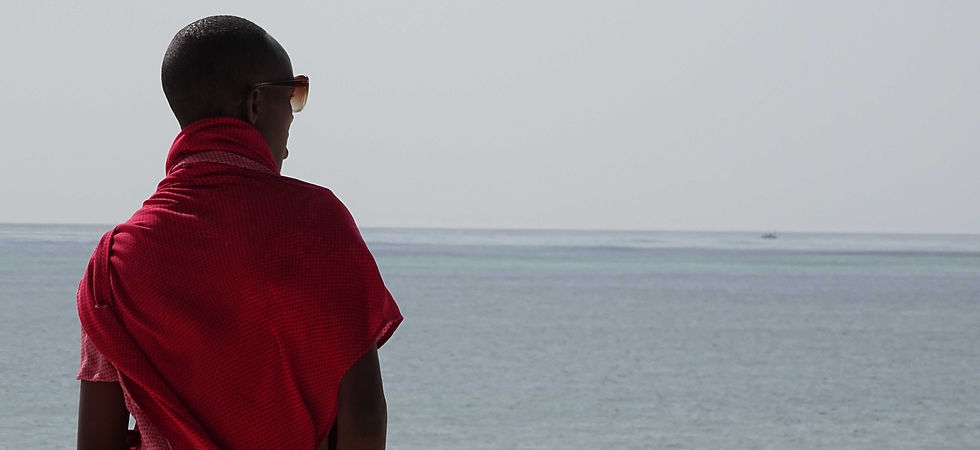
TBBC
Eco Policy


Turtle Bay Beach Club - Eco Hotel
Turtle Bay has an excellent record of commitment to the environment and community issues through the Community and Conservation office. Through the development of this Eco-Policy; documenting current good practices and setting future goals, Turtle Bay can truly claim to be environmentally responsible throughout its operations. Finally, by taking care of the hotel’s surroundings, we will be improving guests’ overall experience of staying in Turtle Bay Beach Club today and in the future.
Eco Policy
Water
-
Ksh 5 M water recycling plant tapping water from all areas in the hotel except D block.
-
Stickers displayed in all rooms requesting guests leave towels on floor once used and otherwise re-use their towels.
-
Standard bed sheet changes reduced to every three days instead of every two.
-
Water leakage monitored daily in record book.
-
Water consumption monitored daily.
-
Areas of garden currently out of reach of recycled water to be given access.
-
To install push taps in staff areas.
-
To investigate the potential for use of low pressure shower nozzles.
-
To develop systems for limiting watering of gardens to night time, with recycled water.
-
To monitor water consumption per month and calculate per bed night.
-
To monitor production of recycled water by installing water meter.
Purchasing
Aim - To support the community and local resources by buying locally and sustainably.
-
Avoiding the use of hardwoods where possible and to develop the capacity of local suppliers in the use of good woods.
-
Purchasing honey from Kipepeo or other approved eco projects.
-
Buying fresh produce the majority of which are from local suppliers, in preference to frozen and packaged goods.
-
Ovens cleaned with a mixture of bicarbonate of soda and oven cleaner to reduce amount of chemicals purchased.
-
Effective Micro-organism (EM) used for a variety of cleaning, composting and fertilising uses. Providing staff training in its use at work and at home.
-
To raise awareness on the use of good woods.
Energy
-
Daily energy consumption monitored.
-
Auto-turnoff on A/C as room key needs to be slotted in A/C switch for operation.
-
Thermostats adjusted to 45 C for room water and public toilets.
-
Room stewards switch off all room lights.
-
Stickers displayed in all rooms requesting guests leave towels on floor once used and otherwise re-use their towels.
-
Energy efficient bulbs installed in 50% of hotel.
-
Standard bed sheet changes reduced to every three days instead of every two.
-
Control book kept for servicing all hotel equipment.
-
Use of laundry driers monitored.
-
To sun-dry bedsheets and towels using driers only for softening linens.
-
Ordinary light bulbs to be phased out and no more purchased from 20th February. By 1st August, 100% of hotel lights should be energy efficient bulbs.
-
To investigate opportunities for installing solar energy for heating water.
-
To implement diary system for regular servicing of hotel equipment.
Waste
-
Waste from all departments separated into plastic, paper, glass, organic.
-
Organic waste and paper composted.
-
Milk packets re-used for planting seedlings.
-
All office papers used only on one side to be re-used for filing, forms or non-official documents. Those completely used are recycled into compost.
-
To set up a recycling point for plastic, paper and glass for Watamu/Malindi.
-
Candles to be melted and re-moulded instead of disposing.
Sewage
-
Ksh 5 M water recycling plant tapping water from all areas in the hotel except D block.
-
Add D block to recycling by purchasing a pump.
Gardens
Aim - to use garden resources sustainably and provide a suitable environment for wildlife - Monitored by - Felix Kahindi, Gardens Manager.
-
Wood from pruning of hotel trees including palm fronds and excess from maintenance is re-used or made available to community as an alternative source of timber/fuel.
-
Daily beach clean-ups with totals displayed for guests on the beach blackboards.
-
Coconut shells are re-used and made into ashtrays.
-
Cut grass is supplied to a local horse stable in return for horse manure for the garden.
-
Building rubble removed from beach and made available for community.
-
To supply coconut ashtrays to F&B every month.
-
To install more bins at walkways, beach, main gate and adjacent areas.
-
To educate guests by putting up signs about disposing of rubbish.
-
To phase out existing exotic species, propagate indigenous species for planting wherever possible.
-
To label trees.
Community
Aim - To contribute to the community through different ways to ensure sustainable tourism - Monitored through the community office.
-
supporting the local market through purchase of goods, especially fresh foods locally.
-
Supporting conservation through the ASSETS project as well as Watamu Turtle Watch & Mida Creek Conservation Committee.
-
Providing bins to the community for use which are maintained by the hotel.
-
Supporting children's education through the ASSETS project as well as through individual sponsorships though the community office.
-
Supporting local projects in the community including a Health Centre, School, Gede Small home.
-
Start a toilet project within the community that will promote a healthy Environment as well as curb diseases that can be spread through unhealthy Environmental.
-
Look into Educating the community on composting and other conservation related topics.
-
Support local conservation project by using their products made out of re-used materials, for packaging in the boutique.
